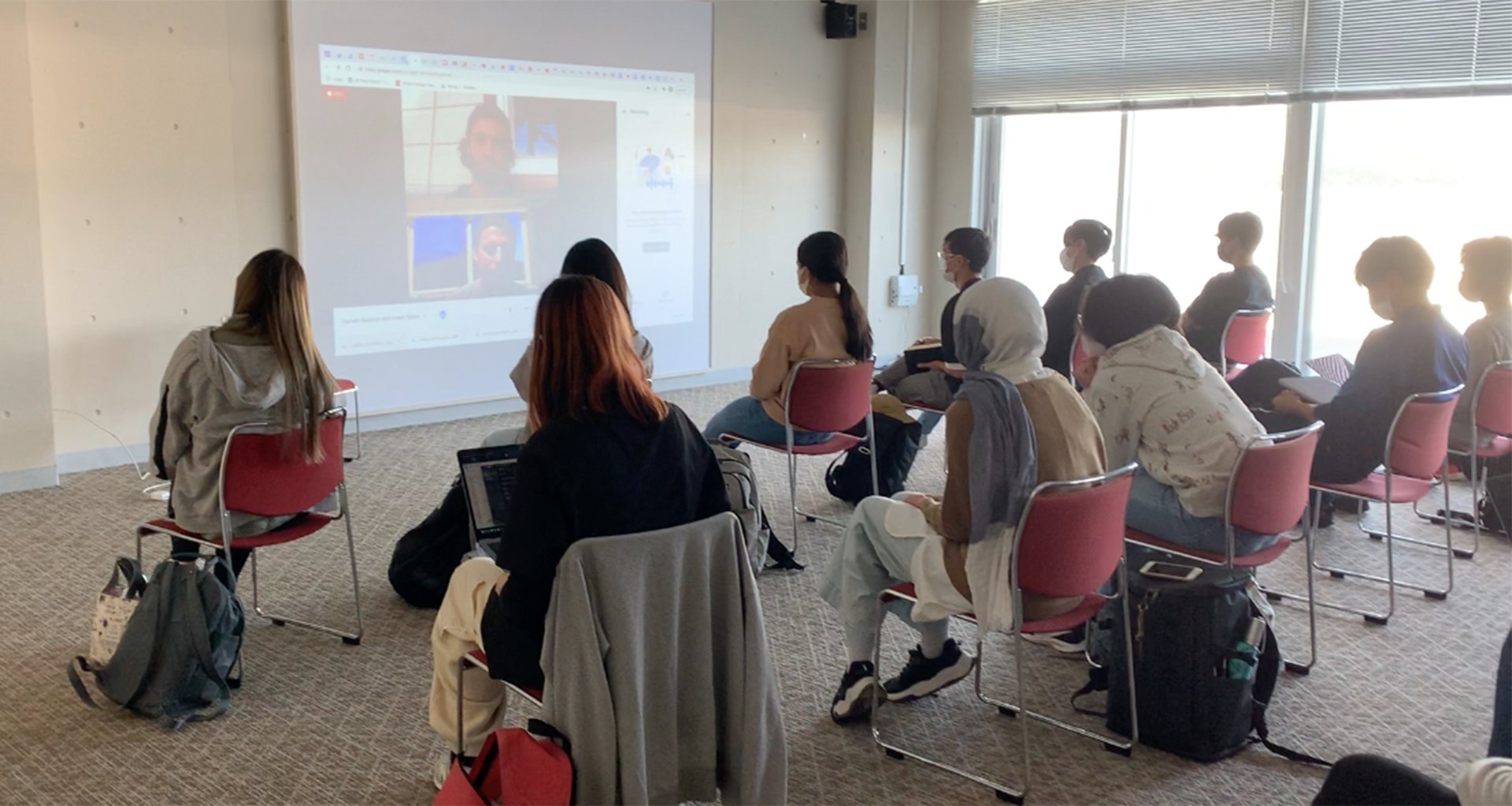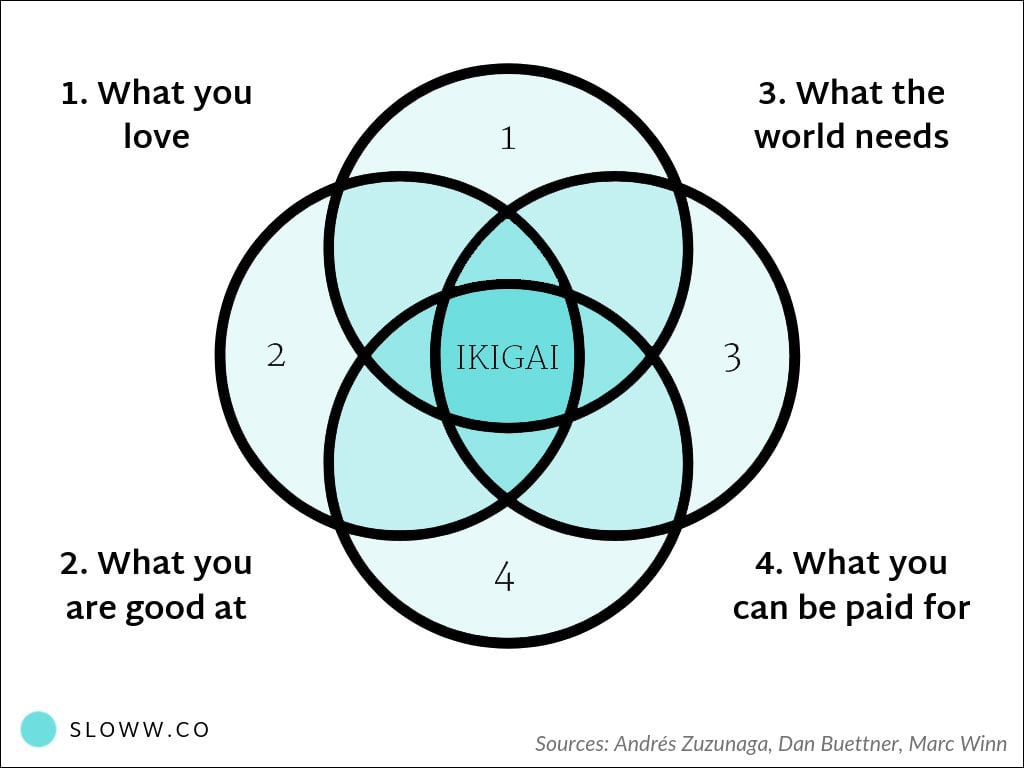
Did you know what you wanted to do growing up? Maybe some of you did, but we didn’t. How do we prepare for the future if we don’t know if we want to do or, to be perfectly honest, what that future looks like? Our grade eleven students spent the past week listening to the perspectives of about twenty young professionals--small business owners, industrial designers, human rights workers, doctors, journalists and other go-getters. Our goal in having students meet these people was not necessarily for students to pick “the perfect career,” but to inquire into the experiences, perspectives and journeys of people who have lived interesting lives. In hearing about these experiences, students began to explore what a fulfilling life might look like for themselves.
But what does a fulfilling life look like for you? In order to develop a common vocabulary to explore this topic, students and speakers alike read about and discussed the concept of Ikigai. Ikigai comes from just south of us, on the island of Okinawa. Locals talk of a person's pursuit of their ikigai in ways similar to how other people speak of a "calling" or "life's purpose." We encourage students to think about the four parts of ikigai (see diagram) as they make decisions about how to spend their time. After all, how a person spends their time becomes how they spend their life.
What are the 4 components of Ikigai?

This philosophy influenced many of our discussions from Monday through Wednesday. Garrett Benisch explained how his lifelong passion for art influenced the way he designed more practical objects, including an eco-friendly pen made from sewage waste. Alex Fitzgerald left a lucrative career in marketing to build a startup company with his brother called Brave (follow them on instagram @eatbrave), focused on providing healthy breakfasts to people on the go. Both decisions reflect a desire to provide people something that “the world needs,” albeit in completely different ways. Adam Miller of Revel Bikes (@revelbikes on Instagram) took his lifelong passion for biking and created a company selling high quality bikes for experts around the world. Ross Valdez of Montrose, CO explained how his ability to listen to others and learn about their experiences lead to roles in the US Olympic Committee and public service. Students impressed our speakers with excellent questions, prompting answers that explored Ikigai and demonstrating our students’ excellent inquiry skills.
After learning how the speakers tried to practice Ikigai, students reflected on how they practiced Ikigai in their own lives. Riho used to “have this mindset.. [that] it would be hard to make money out of [her hobbies]” and that she wouldn’t be “able to enjoy her job.” After talking with the speakers about her career goals, however, she realized that “a lot of the speakers seemed to really enjoy their jobs.” They were figuring out what they liked as they went along with their career. It reaffirmed for [her] that as [she continued her] post-college life, [she would] look to fulfill all four aspects of the Ikigai spectrum. Riho’s commitment to doing what she loved held true for many students in our career’s week.
Students also learned to become more comfortable with ambiguity in their future. As Kaito noted, “almost everyone [who spoke at the event] didn’t know that they were going to commit to that job, so it was helpful to know that we don’t have to commit to one career in high school.” Although students recognized that there would be many challenges throughout the next steps of their lives, they felt optimistic about their future, and even excited! It’s been a pleasure to spend a week with these conscientious, intelligent and inspirational students. I personally can’t wait to see how they live out their Ikigai.
So what does Ikigai look like for you? Are you living a fulfilling life? Do you inquire and learn in your career? How can you use your position in the world to inspire and impact others?
Find out more about the inquiry-based learning happening at NIS by looking at more NIS stories!


